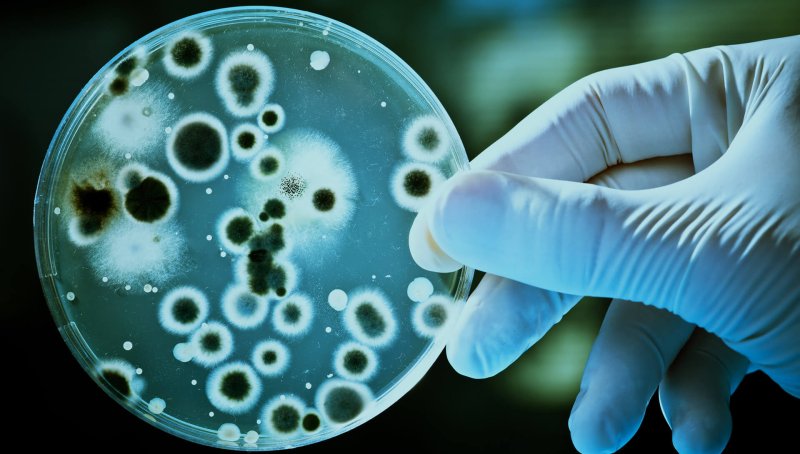Podcast: Play in new window | Download
Subscribe: RSS
Battling antibiotic resistance by stopping evolution
Antibiotic-resistant bacteria pose an increasingly deadly threat to public health. These so-called “superbugs” infect more than three million people and kill thousands annually. While scientists rush to develop novel drugs to battle these stubborn microbes, one research group has devised a clever approach to preventing harmful bacteria from acquiring resistance in the first place.
Viewpoint: Embracing biosimilars will drive down prices, increase access to drugs
Biologics, medicines derived from living organisms, allow doctors to treat and prevent once-incurable diseases. While the technology represents a massive step forward for modern medicine, these treatments are often prohibitively expensive, which limits the positive impact they can have. Biosimilars, drugs with similar composition and function to brand-name biologics, are poised to expand access for millions of people and cut drug spending in the US by $54 billion. Will corporate intellectual property battles, disinformation campaigns and physician ignorance halt this positive development?
Shoppers will buy gene-edited food if they know its consumer, animal and environmental benefits
According to a new survey, most US consumers don’t know what gene-edited food is—but they’re convinced it’s bad. This skepticism fades away, however, after shoppers are educated about the health, animal welfare and environmental benefits of agricultural gene editing. These results suggest science educators need to spend less time on the technical details of CRISPR and more time communicating the tangible benefits that gene editing offers.
As SARS-CoV-2 continues to spread across the globe, our inability to rapidly detect the novel coronavirus has made it difficult to properly combat COVID-19, the resulting respiratory disease that has infected almost 200,000 people and killed nearly 8,000 as of March 17. What if biotech plants could spot harmful viruses before they cause pandemics? It may sound like science fiction, but researchers are turning genetically engineered plants into biosensors capable of detecting diseases, plant pests and even bombs.
Kevin M. Folta is a professor in the Horticultural Sciences Department at the University of Florida. Follow him on Twitter @kevinfolta
Cameron J. English is the GLP’s senior agricultural genetics and special projects editor. BIO. Follow him on Twitter @camjenglish
































